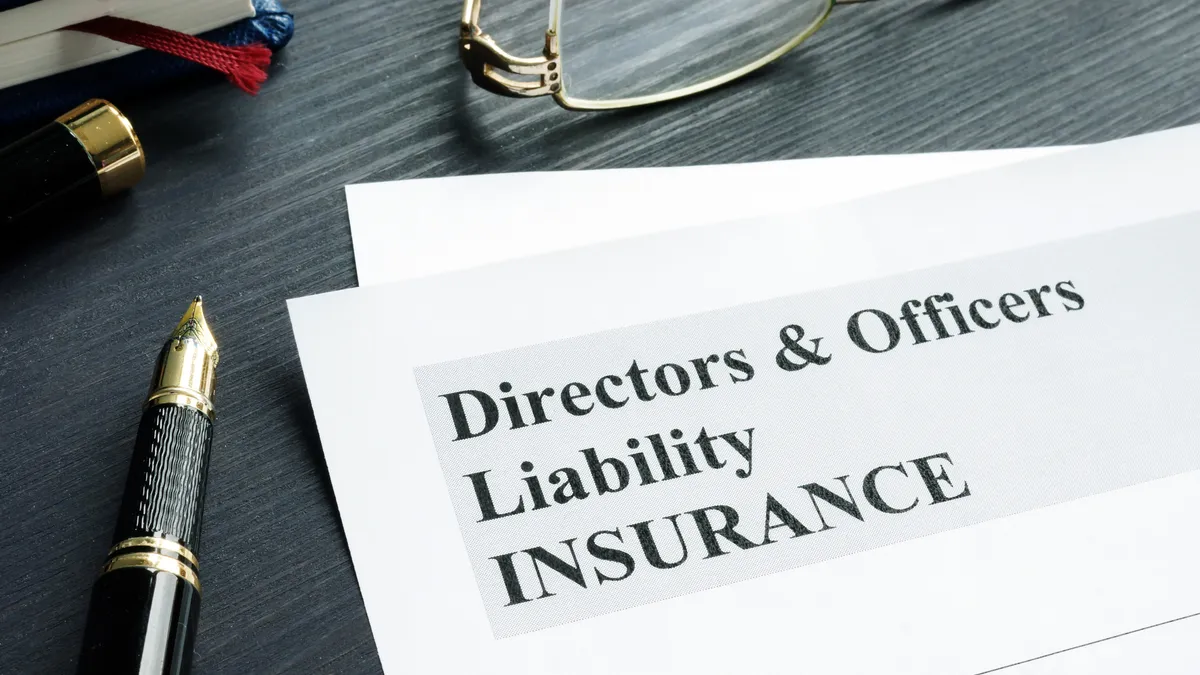Dive Brief:
- Roughly 60% of corporate counsel across several major countries expect their outside law firms to use generative AI tools in their work, according to a survey from LexisNexis Legal & Professional.
- Along those lines, 78% of in-house lawyers expect law firms to make them aware of the firms’ use of emerging AI, the International Legal Generative AI Report found.
- Just 18% of in-house attorneys said they did not want outside law firms to use generative AI, according to the survey featuring responses from lawyers across the U.S., U.K., Canada and France.
Dive Insight:
Approximately two-thirds of the surveyed in-house counsel in the U.S. (67%) said they expect their law firms to adopt generative AI tools, which was the highest percentage among the surveyed professionals when broken down by country.
The international survey found that 61% of French counsel, 59% of U.K. counsel and 53% of Canadian counsel expect their law firms to use the latest AI, according to a LexisNexis press release.
Meanwhile, slightly more than half of the law firm lawyers surveyed across the four countries agreed that their corporate counsel clients will expect them to use generative AI tools.
Two-thirds of law firm lawyers (66%) agreed that corporate clients would expect to be made aware of their generative AI usage.
However, there was a large gap in expectations when lawyers were asked whether in-house corporate clients would expect law firms to give them a choice regarding firm usage of generative AI.
Nearly two-thirds of in-house lawyers (65%) said they expected firms to give them a choice about the firms using the latest AI, while only 45% of law firm respondents said they agreed with that expectation.
Additionally, one in four law firm respondents (25%) said they agreed with the statement that in-house counsel clients do not want them to use generative AI tools.
As for those lawyers who are using the latest technology for legal work, research is by far the most common generative AI use case, the LexisNexis survey found.
Attorneys also reported using generative AI for drafting documents and writing emails, with 43% either using or planning to use the technology as part of their legal work.
The risks involved with utilizing generative AI technology, such as data privacy and IP concerns, have resulted in some lawyers and their organizations taking cautious approaches to adoption.
Nearly 90% of the lawyers surveyed by LexisNexis expressed at least some concerns about the ethical implications of generative AI on the practice of law, with one-third citing significant or fundamental concerns regarding ethical implications.
The survey featured 7,950 respondents, including 3,752 lawyers, 1,239 law students and 2,959 consumers. It was conducted between March and July 2023.











